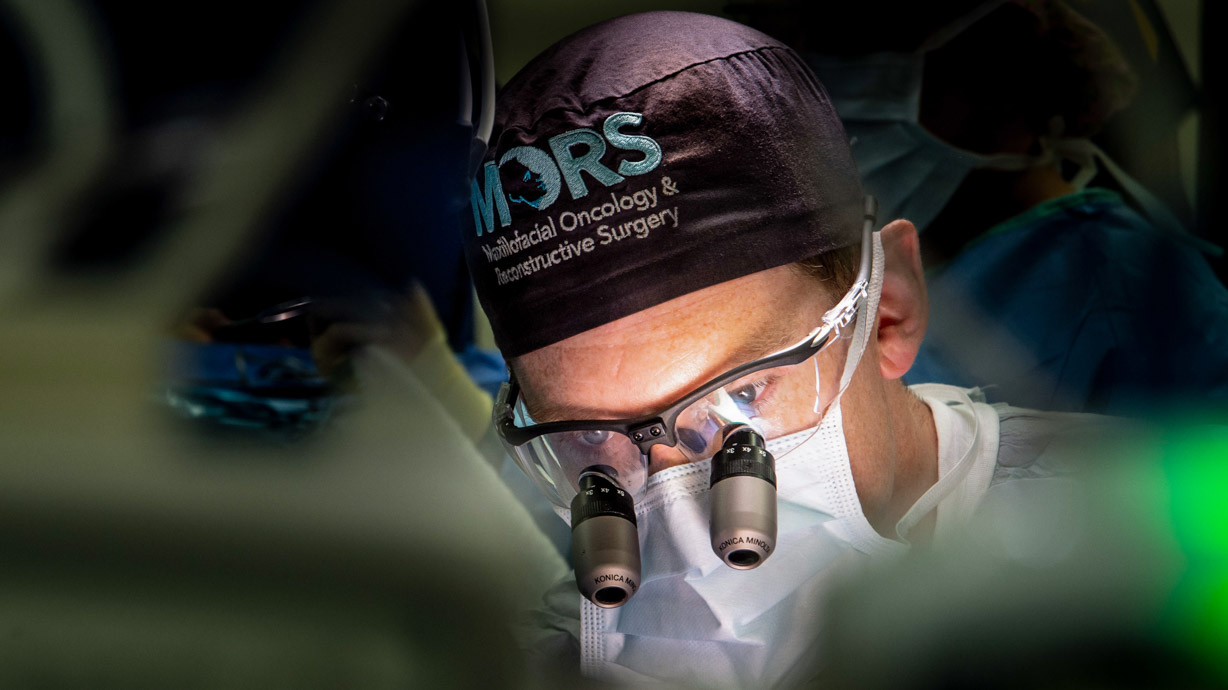Explore Careers
Oncologists/Hematologists

What do Oncologists/Hematologists do in the Military?
Where do Oncologists/Hematologists work?
Oncologists/hematologists work in hospitals and clinics on land and aboard ships.
How much do they make?
Median Military Salary
This is the median, or the midpoint, of the salary range for this career.
Note that the median salary does not include bonuses, special pays, health or dental benefits — which are a standard part of military compensation.
This is the median, or the midpoint, of the salary range for this career.
Note that the median salary does not include bonuses, special pays, health or dental benefits — which are a standard part of military compensation.
$142,809
Military Salary Range
This is the range based on years of service, degree level, special pays, family status and location.
Note that the median salary does not include bonuses, special pays, health or dental benefits — which are a standard part of military compensation.
This is the range based on years of service, degree level, special pays, family status and location.
Note that the median salary does not include bonuses, special pays, health or dental benefits — which are a standard part of military compensation.
$42,002 - $358,842
How Military Pay is More Than Just a Salary
Base pay is the standard income you'll earn as a service member, providing a stable foundation to start achieving your financial goals.
- Set based on rank and years of service.
- Paid every month.
Allowances are additional payments to help cover living expenses like housing and food.
- Tax-free payments.
- Varies by location and family status.
Special pay provides extra compensation for unique skills, hazardous duties, or challenging assignments.
- Based on specialized roles.
- Varies by position and duty.
What training do Oncologists/Hematologists gain in the Military?
Officers typically enter the Military after they have completed a four-year college degree; enlisted service members can transition to officer positions through a variety of pathways and earn a degree while serving. Job training for oncologists/hematologists primarily consists of on-the-job learning in various training environments. Scholarships for advanced medical training are available in return for an obligated period of military service. Qualifying students benefit through unique training experiences and get to attend certain military short courses designed to develop tactical, technical and operational skills unique to the military environment. Like other officers working in healthcare, they complete a comprehensive training program covering responsibilities, orientation to military structure, healthcare and etiquette, traditions, and leadership development. Job-specific training content may include:
- Team Strategies and Tools to Enhance Performance and Patient Safety/TeamSTEPPS® Essentials and Fundamentals
- Mishap Investigation and Prevention
- Operational Aeromedical Problems
- Senior Leadership
- Joint Operations Medical Management
Military Training for Officers
Officers typically enter the Military after they have completed a four-year college degree. All officers complete a comprehensive training program covering responsibilities, military structure and etiquette, traditions, and leadership development.
What skills help Oncologists/Hematologists succeed?
- Ability to express ideas clearly and concisely
- Desire to help others
- Professionalism
- Interpersonal and communication skills
- Curiosity
- Decision-making and integration skills
- Interest in work requiring accuracy and attention to detail
What are possible career paths after the Military?
- Family Medicine Physicians
- Preventive Medicine Physicians
- Physical Medicine and Rehabilitation Physicians
- Radiologists












